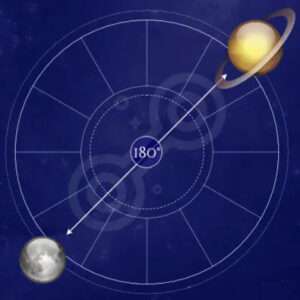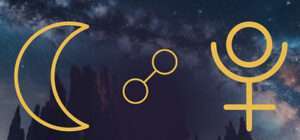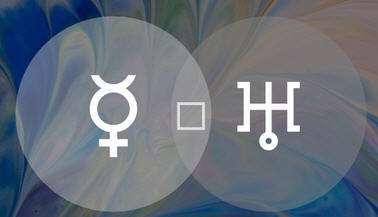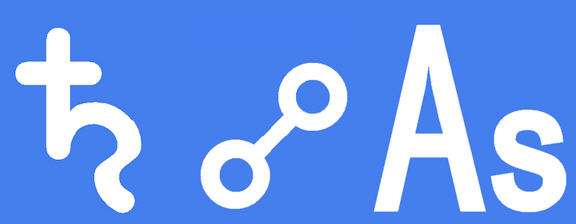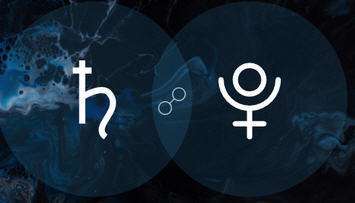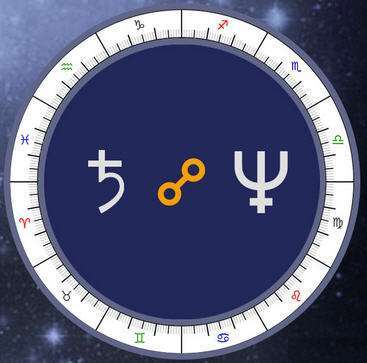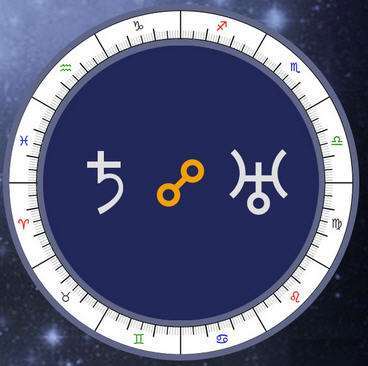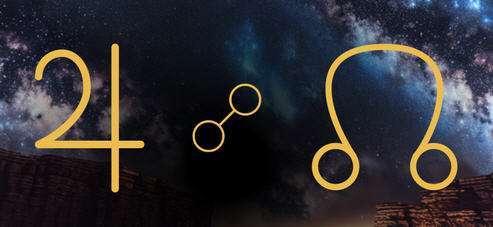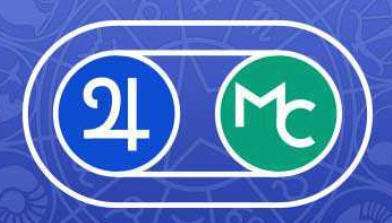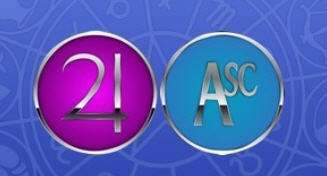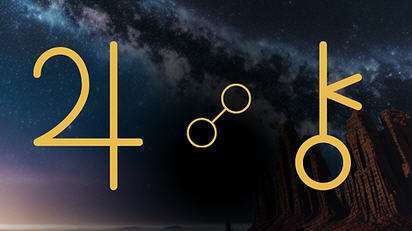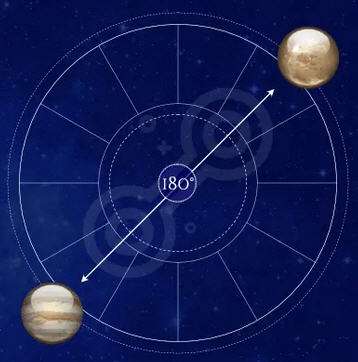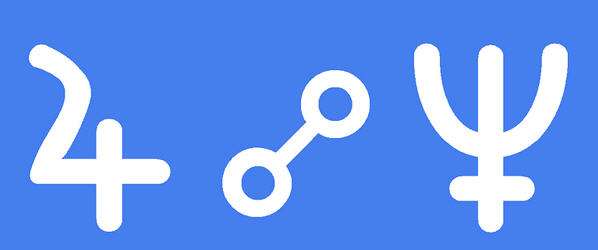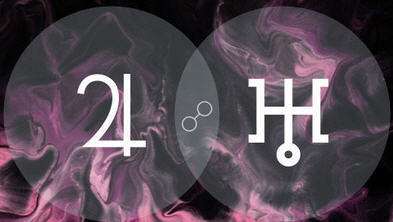Astro - Aspects - Opposition
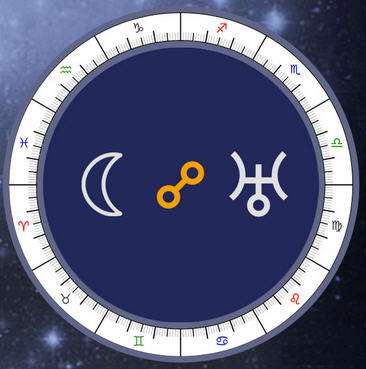
Table of Contents
The Moon opposite Uranus aspect in astrology represents a tension between emotional security and the need for freedom and individuality. Here are the positive and negative traits associated with this aspect:
Positive Traits: Moon opposite Uranus
1. Emotional Independence: Individuals with the Moon opposite Uranus aspect often exhibit a strong sense of emotional independence. They value their freedom and autonomy in relationships and may be reluctant to compromise their individuality for the sake of emotional security. This independence allows them to pursue their own path and explore new experiences without feeling tied down by convention or tradition.
2. Innovative Thinking: People with this aspect tend to possess innovative and unconventional ways of thinking. They are open-minded and receptive to new ideas, and they may enjoy exploring alternative perspectives or challenging the status quo. Their innovative thinking can lead to creative solutions to problems and a willingness to embrace change and experimentation.
3. Adaptability: Individuals with this aspect are often adaptable and flexible in their approach to life. They are comfortable with uncertainty and may thrive in dynamic or unpredictable environments. Their ability to adapt to changing circumstances allows them to navigate life’s ups and downs with resilience and creativity.
4. Emotional Detachment: Despite their strong emotions, individuals with this aspect may also possess a degree of emotional detachment. They are able to observe their feelings from a more objective perspective, which can help them maintain a sense of clarity and perspective, even in challenging situations. This emotional detachment can be a source of strength, enabling them to make decisions based on logic rather than purely on emotion.
5. Progressive Values: People with this aspect often hold progressive values and may be drawn to social causes or movements that promote equality, freedom, and individual rights. They are passionate about creating positive change in the world and may actively work towards challenging social norms or breaking down barriers to progress.
Negative Traits: Moon opposite Uranus
1. Unpredictability: The tension between the Moon and Uranus energies can sometimes lead to unpredictability or instability in emotions and behavior. Individuals with this aspect may experience sudden mood swings or erratic behavior, which can be disconcerting for themselves and others. Their unpredictable nature can make it difficult to form stable and secure relationships.
2. Rebellion: People with this aspect may have a strong rebellious streak and may resist authority or convention. They may chafe against rules and restrictions, preferring to chart their own course in life. While their rebellious spirit can be empowering, it can also lead to conflict and tension, especially in more traditional or conservative environments.
3. Emotional Turmoil: Despite their desire for freedom and independence, individuals with this aspect may struggle with inner turmoil or emotional upheaval. They may feel torn between their need for stability and their desire for change, leading to feelings of restlessness or discontent. This inner conflict can manifest as anxiety, depression, or mood swings.
4. Impulsivity: People with this aspect may be prone to impulsive or reckless behavior, especially when it comes to expressing their emotions or pursuing their desires. They may act on sudden whims or impulses without considering the consequences, which can lead to regrettable decisions or conflicts with others. Their impulsivity can undermine their relationships and goals if not kept in check.
5. Difficulty in Establishing Roots: Individuals with this aspect may struggle to establish roots or find a sense of belonging in their lives. They may feel restless or unsettled, always seeking new experiences or environments that provide a sense of novelty and excitement. Moon opposite Uranus this difficulty in establishing roots can lead to a sense of disconnection or alienation from others and themselves.
